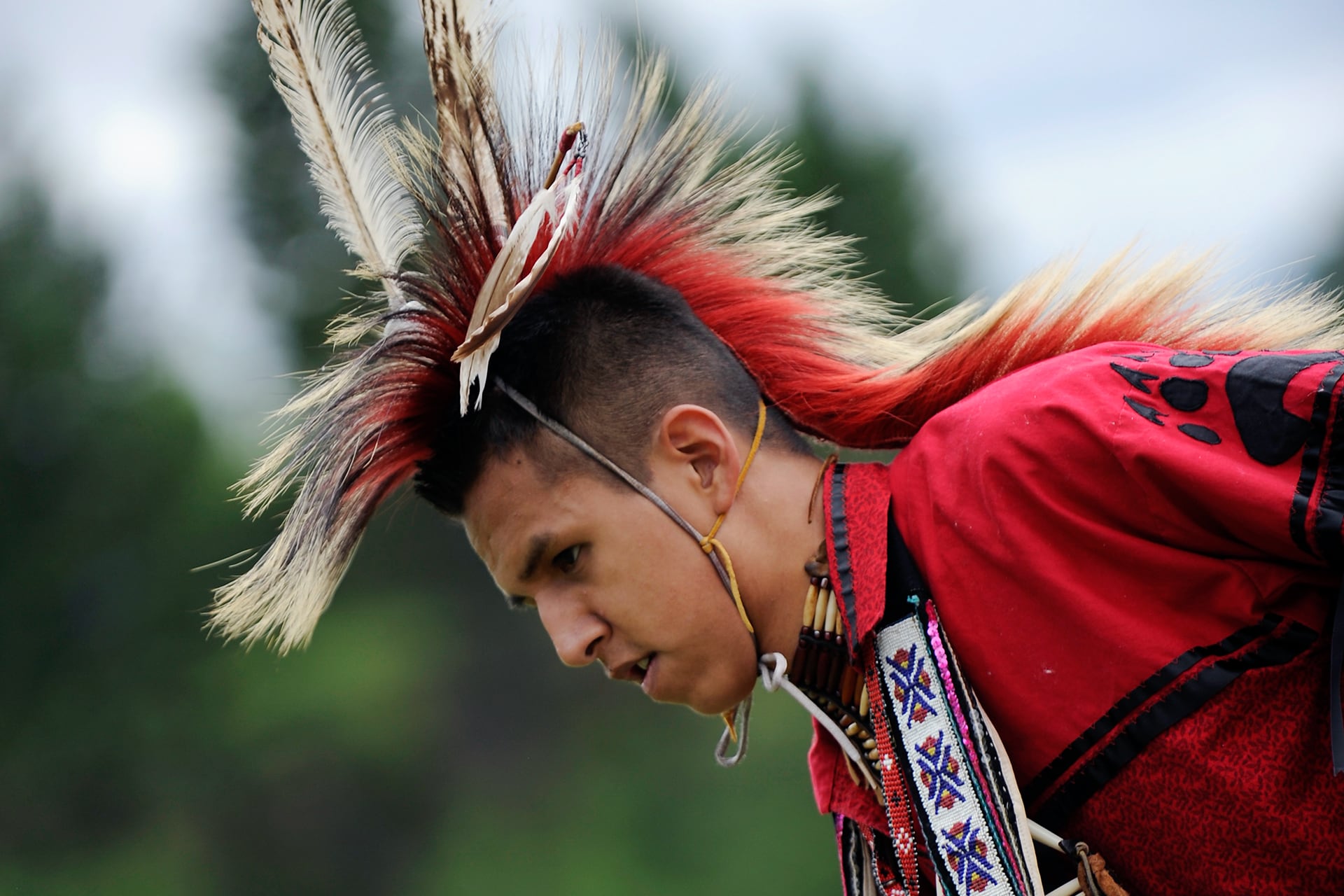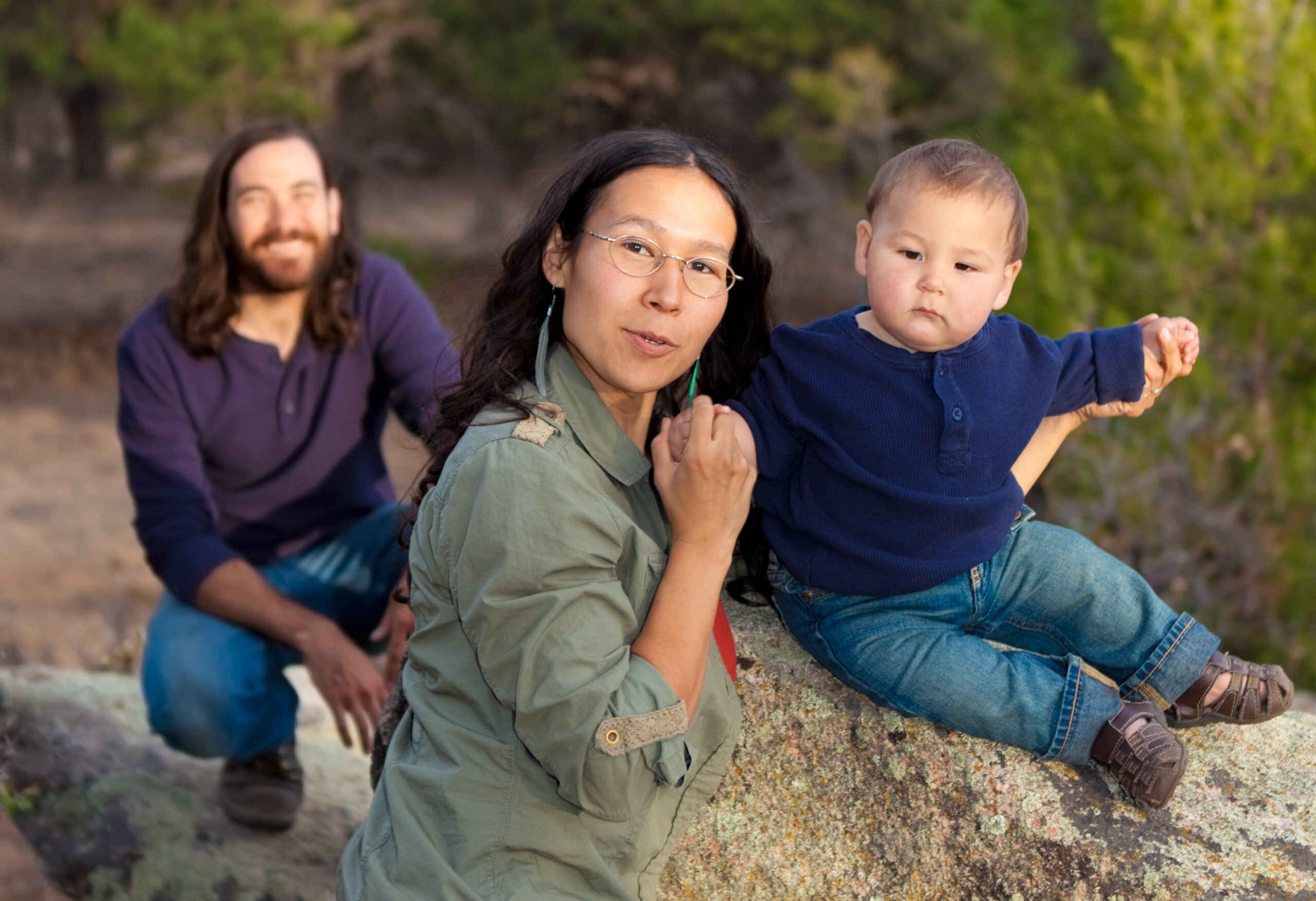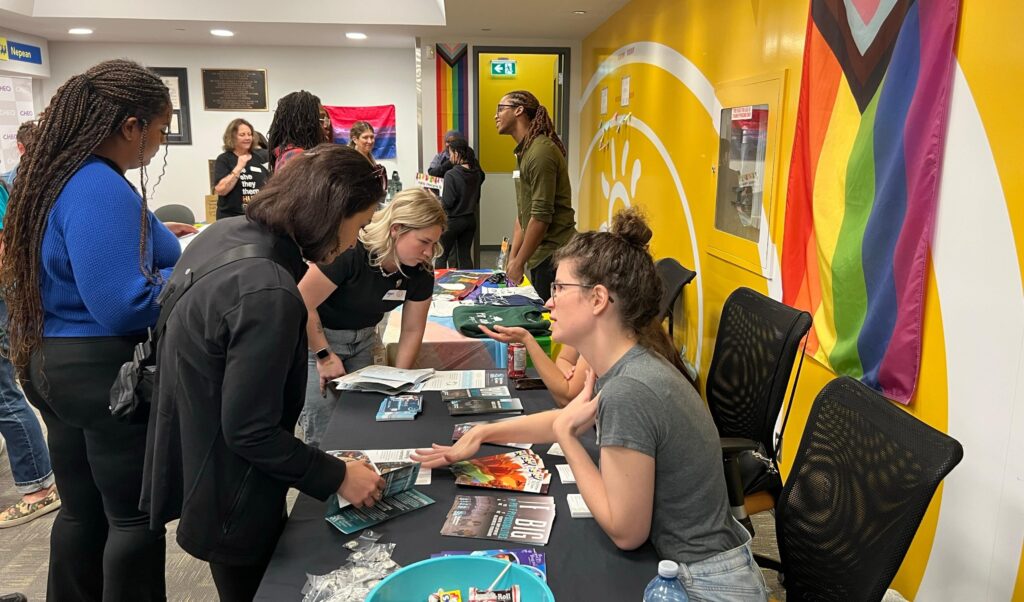The following strategies, initiatives and key performance indicators were developed by The Children’s Aid Society of Ottawa in 2020 in alignment with our 5-year strategic plan. From 2020 and beyond, we have taken significant strides to further our commitment to Reconciliation.
We commit to providing culturally informed services and to support First Nation, Inuit, Métis and Urban Indigenous Peoples in improving the lives of their children, youth and families.
Path to 2025: Reconciliation
Strategies
Children, Youth & Families
We strive to empower children, youth and their family to identify their preferred safe care options.
Partners, Communities & Stakeholders
We are committed to working with and educating those who disproportionately refer First Nation, Inuit and Métis children, youth and families to The Children’s Aid Society of Ottawa (CASO).
Staff, Managers & Supervisors
Within our agency, we are working to:
- Enhance cultural respect, security, informed practice and care for First Nation, Inuit and Métis peoples across the organization; and,
- Introduce a comprehensive and systematic approach to service practice, recruitment, training, retention and support for First Nation, Inuit and Métis students, volunteers, permanent caregivers and staff.
Initiatives
First Nations, Inuit and Métis Initiatives
- Every placement and potential placement of a First Nation child will be reviewed to ensure that a Customary Care Agreement is considered in all circumstances;
- CASO has discontinued the use of birth alerts;
- CASO has partnered with local agencies and hospitals to help connect parents to services and programs that support their health and wellness pre-natally and post-natally;
- CASO will continue with the implementation of Jordan’s Principle and Children’s First;
- CASO will continue with an active offer for Circle of Care to families who identify as First Nation, Inuit and Métis;
- A service delivery approach has been developed that responds to the Truth and Reconciliation Call to Action and Missing and Murdered Indigenous Women and Girls (MMIWG) Calls for Justice;
- CASO is collaborating with partners and stakeholders to implement the Heart and Spirit Curriculum for First Nation, Inuit and Métis caregiver recruitment and training will be implemented in collaboration with ANCFSAO;
- A dedicated staff has been assigned to work with First Nation, Inuit and Métis families to help engage families and their networks to provide support, connection and care to children, youth and families; and,
- A dedicated Family Engagement Worker has been assigned to work with First Nation, Inuit and Métis families to identify network members who can participate in safety plans and/or provide care for children.
HR Recruitment and Retention
- CASO implemented an Equity Hiring Initiative (EHI) on April 1, 2022, which prioritizes the recruitment for identified positions of candidates from the following under-represented groups: Indigenous Persons, Racialized Persons, 2SLGBTQIA+ Persons and Persons living with Disabilities.
- CASO ensures that Elder support is available for First Nations, Inuit, and Métis staff.
- CASO engaged all people leaders in a 360-assessment in 2022/2023 based on the 9 competencies of equitable leadership and provided coaching for supervisors and managers following the results.
Recruitment
A First Nation, Inuit and Métis focused resource position has been created to assist in the recruitment, training, assessment and ongoing support to First Nation, Inuit and Métis caregivers.
Key Performance Indicators
- Degree of disproportionality in outcomes for children and youth from First Nation, Inuit and Métis communities.
- Number of customary care agreements and foster families from First Nation, Inuit and Métis communities.
- CASO’s board, staff, students and volunteers reflect the First Nation, Inuit and Métis communities.
- Presence of cultural safety and security plans reflected in practice and documentation.
- Identify and address barriers/potential barriers to hiring and retaining First Nation, Inuit and Métis staff (i.e. administrative policies, practices and procedures, and skills and qualifications for occupational categories).





